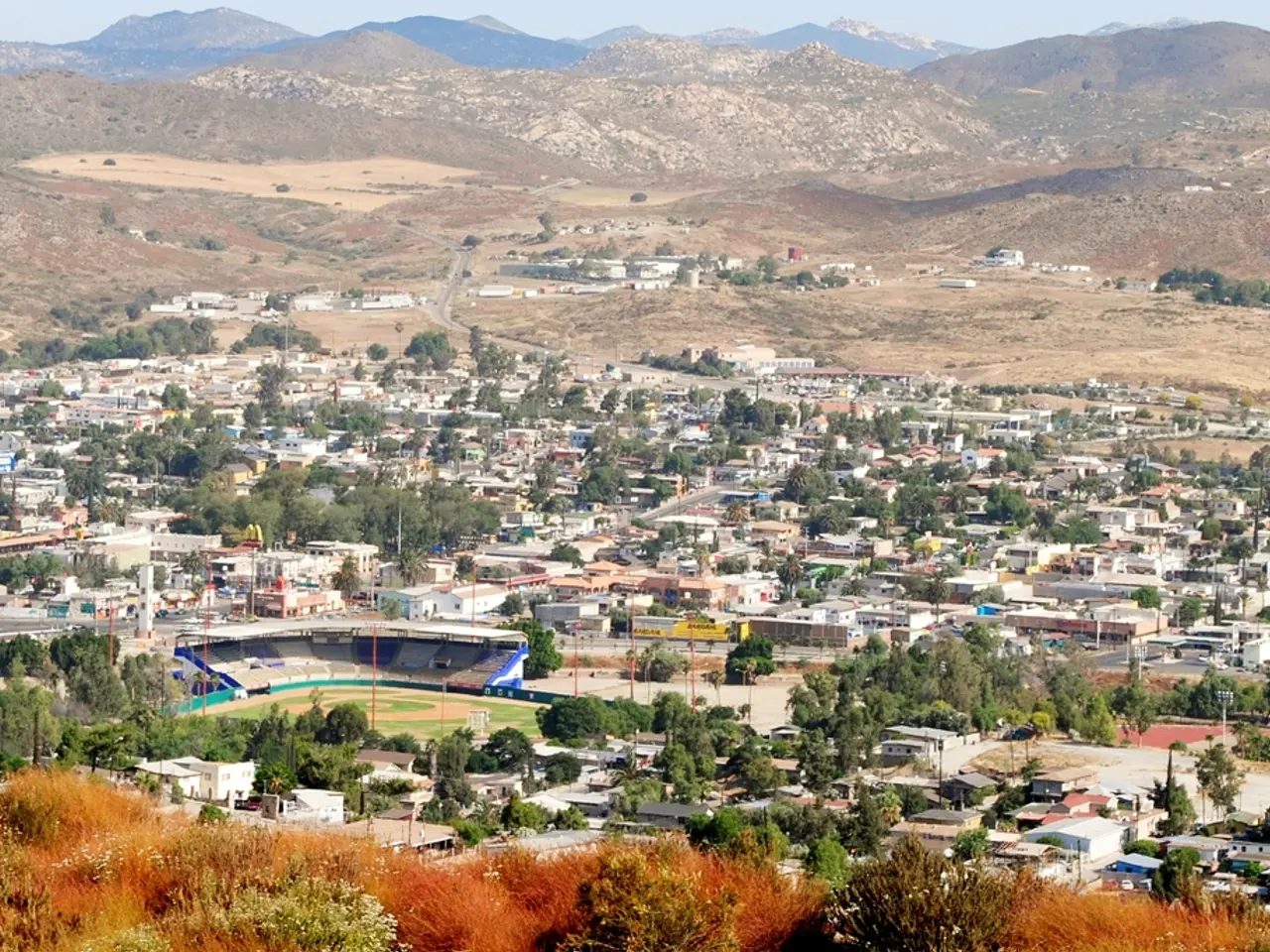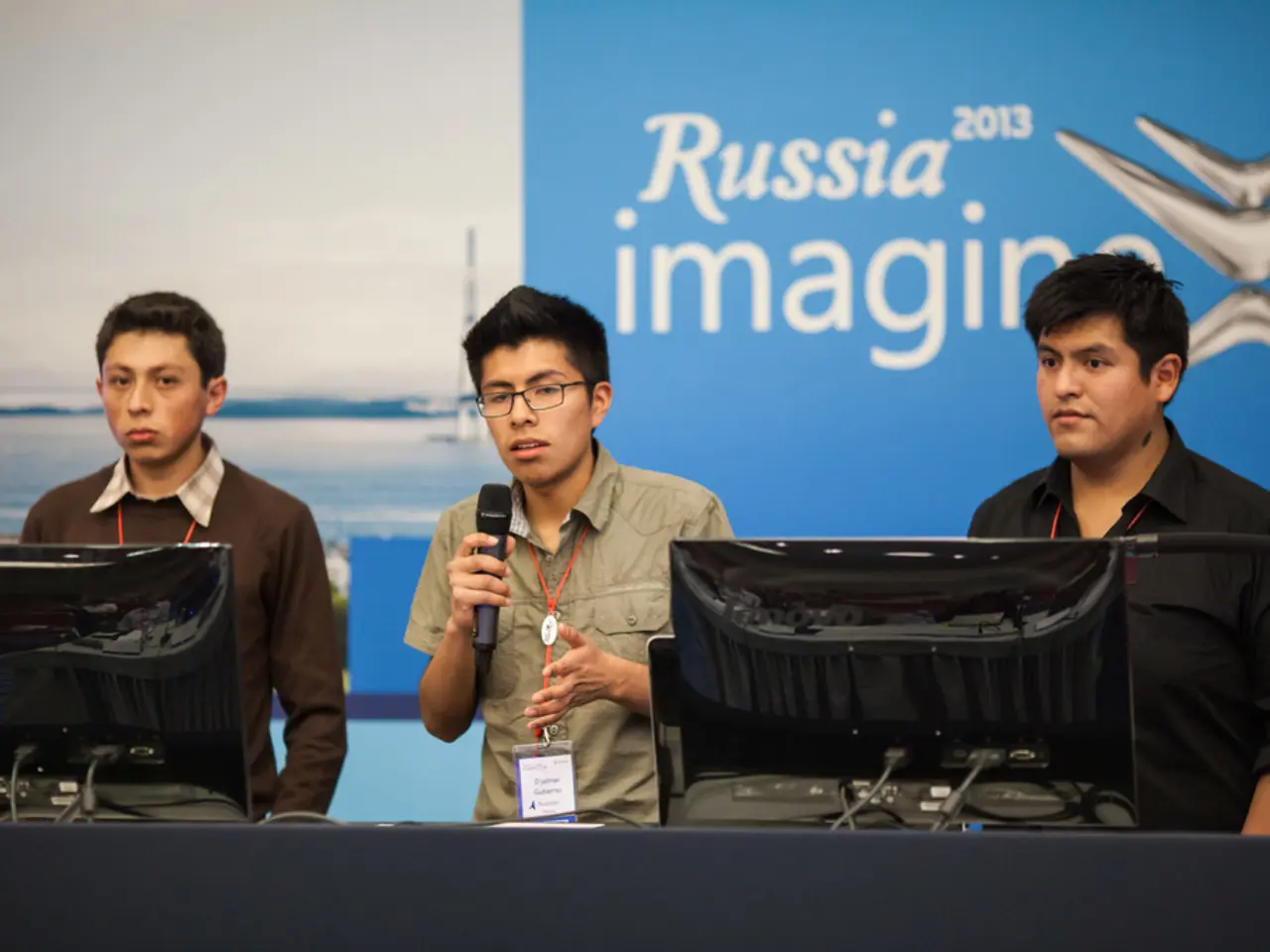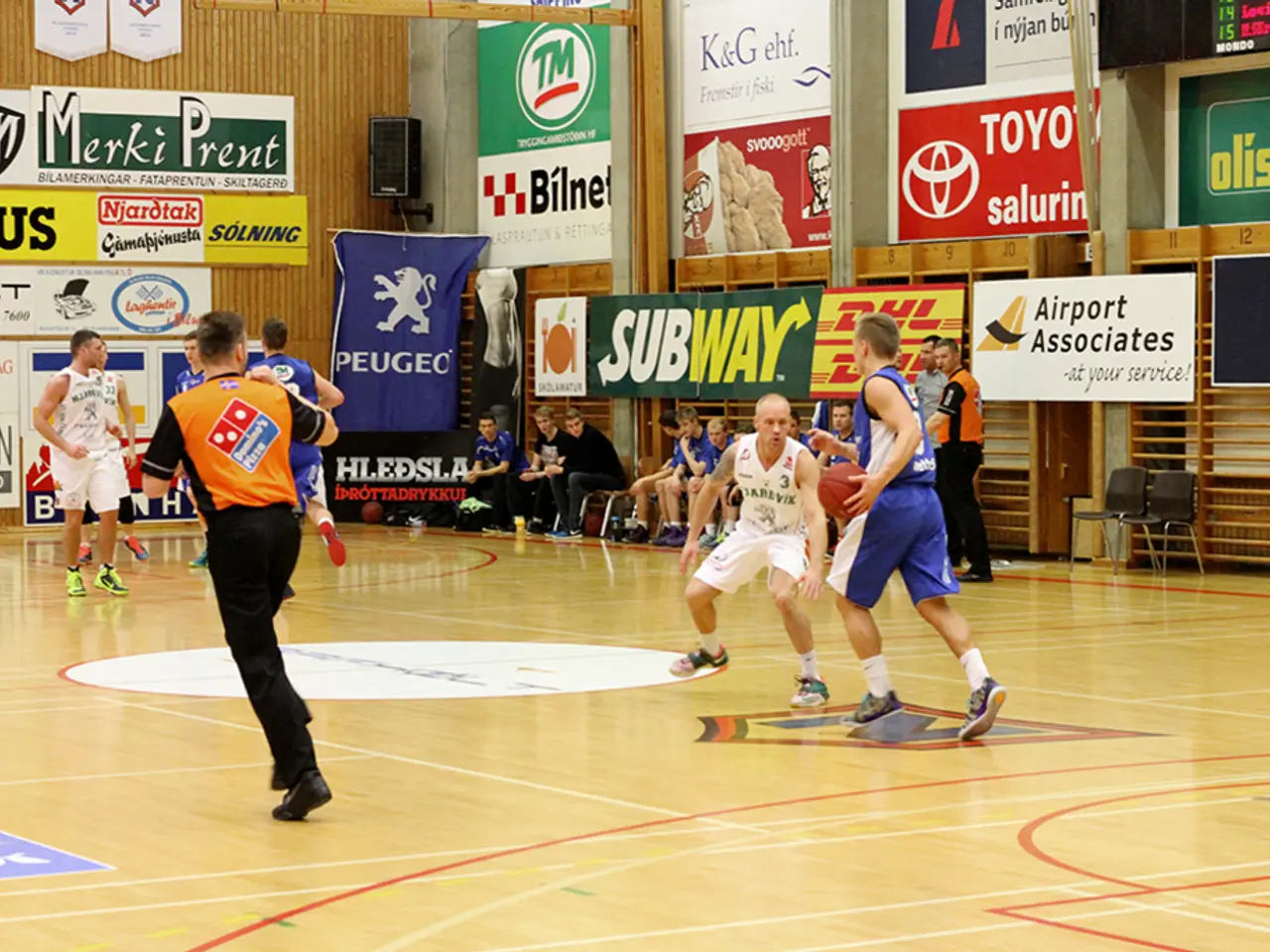Building on Baisakov Street in Almaty holds significant relevance for Central Asia as a whole.
The United Nations Regional Center for Sustainable Development Goals (SDGs) has been established in Almaty, Kazakhstan, with the aim of strengthening regional cooperation and advancing sustainable development across Central Asia and Afghanistan [1][2][4].
The center, a platform for coordinating international and regional efforts, is designed to share best practices, deliver technical assistance, and implement joint projects focused on achieving the SDGs, particularly in areas like economic development, climate change, water scarcity, youth unemployment, gender equality, and digital inclusion [1][2][4].
The center's establishment responds to the strategic importance of Central Asia and reflects the region's unprecedented unity and commitment to sustainable development, peace, and cooperation. It is intended to complement existing institutions without overlapping their functions [3].
The center aims to catalyze coordinated actions to make economies resilient and vibrant, enhance innovation, and foster deeper regional cooperation. It also seeks to support Afghanistan’s economic development, recognizing that its stability is linked to regional security and prosperity [2][3][4].
The center will act as a hub bringing together governments, UN country teams, civil society, academia, private sector, regional organizations, and financial institutions to develop coordinated, country-led efforts addressing urgent challenges such as climate change and social inequalities [2][3][4].
The center is also envisioned as a laboratory for ideas and a launchpad for action toward the 2030 Agenda for Sustainable Development in the region [2][3][4].
Kassym-Jomart Tokayev, the President of Kazakhstan, proposed the establishment of the center at the 74th session of the UN General Assembly in New York in 2019. The center will not overlap with the activities of other organizations and will complement existing efforts [1].
Tokayev, who has a friendly relationship with the UN Secretary-General and has worked in the UN system, emphasized the need to tackle escalating regional risks related to water, energy, and food security [1].
The center's opening is considered a diplomatic victory for Kazakhstan, a result of its consistent diplomatic efforts over the years. Tokayev discussed the importance of the center with leaders from Asia, Africa, and Latin America in 2023, and reaffirmed Kazakhstan's commitment to promote this idea during a conversation with Xi Jinping in 2022 [1][2].
The UN Secretary-General António Guterres visited Almaty and expressed his enthusiasm for the center. The initiative of Kazakhstan's President to establish a UN Center in Almaty was unanimously supported by the UN General Assembly in March 2025 [1][2].
However, the center's full-scale operations have not yet begun, with official procedures, staff recruitment, and launch still to come [1]. The goal is to build a truly just state in Kazakhstan, where human rights are ensured and high environmental standards are met [1]. Kazakhstan intends to maintain its leading role in the region in implementing deep economic reforms and modernizing society based on the rule of law and order [1].
The center's opening was also marked by a meeting between Tokayev and President Joe Biden in New York, where Tokayev expressed Kazakhstan's intention to establish the center [1]. The UN Secretary-General's visit to Kazakhstan and his words of admiration for the country send a clear message about the international community's support for Kazakhstan's efforts towards sustainable development and regional cooperation [1].
References: [1] UN Regional Center for Sustainable Development Goals (n.d.). Retrieved from https://unsdsn.org/centers/un-regional-center-for-sustainable-development-goals-in-almaty-kazakhstan/ [2] UN Regional Center for Sustainable Development Goals in Almaty, Kazakhstan: A New Era of Sustainable Development in Central Asia and Afghanistan. (2025). Retrieved from https://www.un.org/sustainabledevelopment/blog/2025/03/un-regional-center-for-sustainable-development-goals-in-almaty-kazakhstan-a-new-era-of-sustainable-development-in-central-asia-and-afghanistan/ [3] UN Regional Center for Sustainable Development Goals in Almaty, Kazakhstan: A Complement to Existing Institutions. (2025). Retrieved from https://www.un.org/sustainabledevelopment/blog/2025/03/un-regional-center-for-sustainable-development-goals-in-almaty-kazakhstan-a-complement-to-existing-institutions/ [4] UN Regional Center for Sustainable Development Goals in Almaty, Kazakhstan: A Game Changer for Central Asia and Afghanistan. (2025). Retrieved from https://www.un.org/sustainabledevelopment/blog/2025/03/un-regional-center-for-sustainable-development-goals-in-almaty-kazakhstan-a-game-changer-for-central-asia-and-afghanistan/
The United Nations Regional Center for Sustainable Development Goals (SDGs) in Almaty, Kazakhstan, is strategically positioned to facilitate policy-and-legislation discussions and shape politics related to sustainable development in Central Asia and Afghanistan. It serves as a hub for various stakeholders, including governments, UN teams, civil society, academia, private sector, regional organizations, and financial institutions, to collaborate on implementing joint projects focused on the SDGs.
The newly established center aims to advance the implementation of the 2030 Agenda for Sustainable Development through the exchange of best practices, delivery of technical assistance, and the development of country-led efforts addressing urgent challenges such as climate change and social inequalities, thus making it a significant player in policy-and-legislation and politics concerning general news, particularly in Central Asia and Afghanistan.







